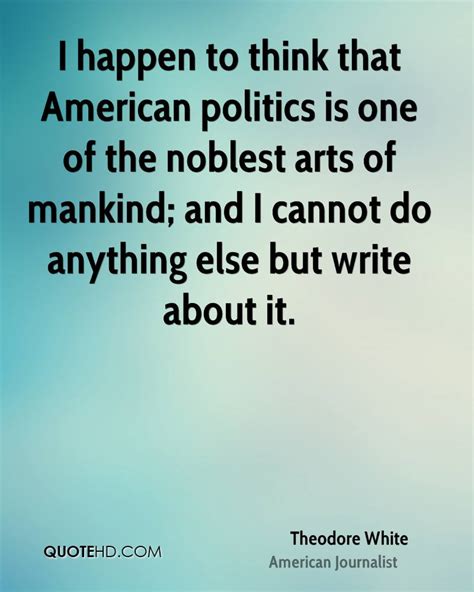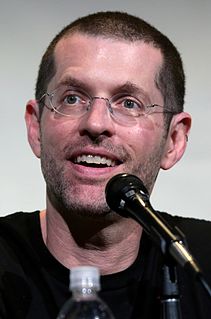A Quote by Gulzar
If you notice in my own films the blending of songs is distinct. They narrate stories and scenes.
Related Quotes
All films created by Walt Disney at the time of his major outpouring of work were carefully crafted to fit scenes, characters, moods and situations. If these elements changed in any way, songs - no matter how good they were - were discarded. Others were written for the new scenes. Many times, character songs were dropped because characters were dropped...sequences were dropped etc.
It is totally different making films in the East than in the West. In the East, I make my own Jackie Chan films, and it's like my family. Sometimes I pick up the camera because I choreograph all the fighting scenes, even when I'm not fighting. I don't have my own chair. I just sit on the set with everybody.
I never think in terms of alienation; it's the others who do. Alienation means one thing to Hegel, another to Marx and yet another to Freud; so it is not possible to give a single definition, one that will exhaust the subject. It is a question bordering on philosophy, and I'm not a philosopher nor a sociologist. My business is to tell stories, to narrate with images - nothing else. If I do make films about alienation - to use that word that is so ambiguous - they are about characters, not about me.







































